|
In his annual threat assessment, ASIO chief Mike Burgess referred to the risk of “sabotage” on several occasions. So what did he mean by it? As Brendan Walker-Munro and Sarah Kendall explain, it refers to undermining a country’s critical infrastructure with a view to compromising national security. But the legal definition of sabotage is a little more complicated.
The threat assessment, the authors write, says “sabotage has increasingly been discussed between agents of foreign countries, spies and would-be terrorists”.
However, the revelation that attracted the most attention yesterday was that a former Australian politician allegedly “sold out” to a foreign nation. While Burgess did not name the person, he was under intense pressure yesterday to do so. And, as the authors note, his decision not to name them was a departure from his usual practice.
So what does it all mean for Australia? The authors say ASIO will need to continue, and possibly ramp up, its surveillance operations in Australia, while the government will need to press ahead with its reviews of relevant legislation. But more broadly, Australians need to dispense with their tendency to think “this won’t happen to us”, and recall the words of former ASIO chief Harvey Barnett: “It has, it does, it will”.
|

|
Amanda Dunn
Politics + Society Editor
|
|
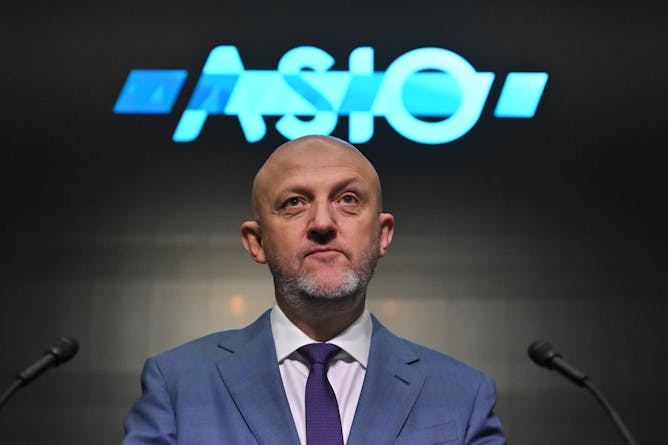
Brendan Walker-Munro, Southern Cross University; Sarah Kendall, The University of Queensland
In its annual threat assessment, the spy agency has named sabotage by foreign actors as an increasing concern - and we too, should take it seriously.
|
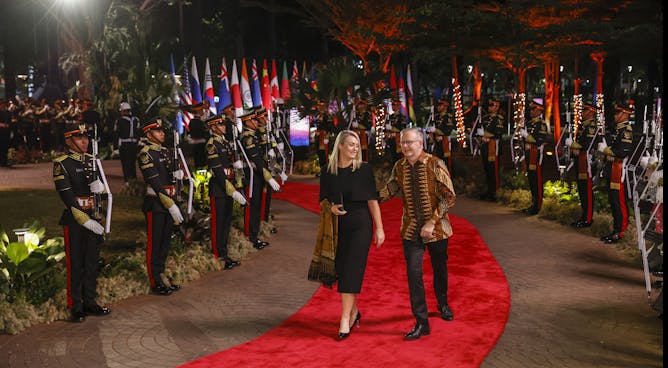
Michelle Grattan, University of Canberra
The prime minister has the foreign stage coming to him as he prepares for the special ASEN summit in Melbourne. But with the Dunkley Byelection only days before, he may have other things on his mind.
|
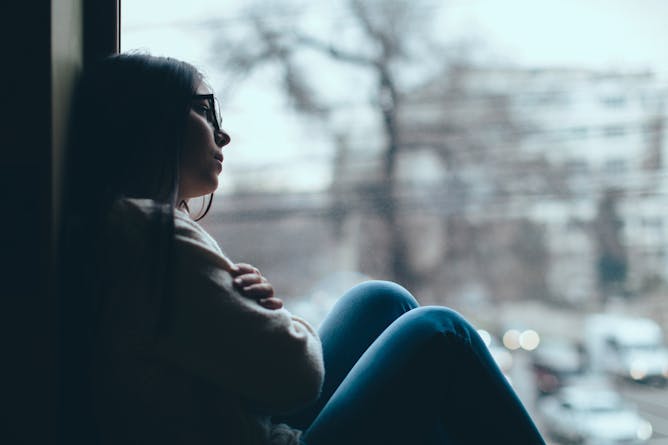
Steph Kershaw, University of Sydney; Cath Chapman, University of Sydney; Maree Teesson, University of Sydney; Nicole Lee, Curtin University
Negative attitudes lead to stigma, which sees people who use drugs isolated and marginalised.
|
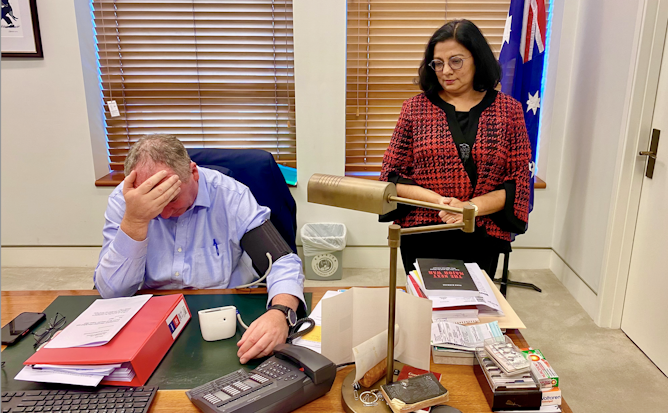
Alexander Sweetman, Flinders University
Having both conditions at the same time increases your risk of dying prematurely. But it can be treated. Here’s what’s involved.
|

Tony Hughes-d'Aeth, The University of Western Australia
From Russian Doll to Severance, a spate of conceptual TV series are rehearsing thought experiments challenging our assumptions about the world.
|
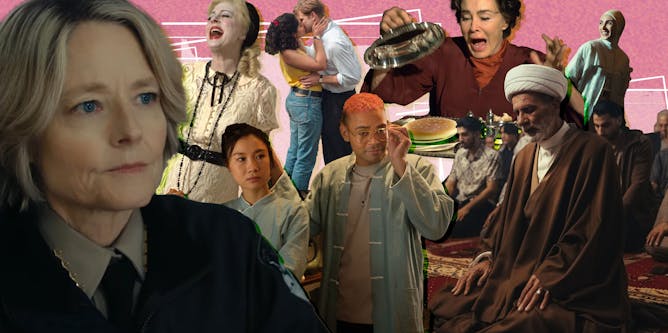
Cherine Fahd, University of Technology Sydney; Jodi McAlister, Deakin University; Lisa French, RMIT University; Phoebe Hart, Queensland University of Technology; Rachel Williamson-Dean, University of Auckland, Waipapa Taumata Rau; Stuart Richards, University of South Australia
Love is in the air with three of this month’s picks. But if you’re looking for something colder and darker, we’ve got that covered too.
|
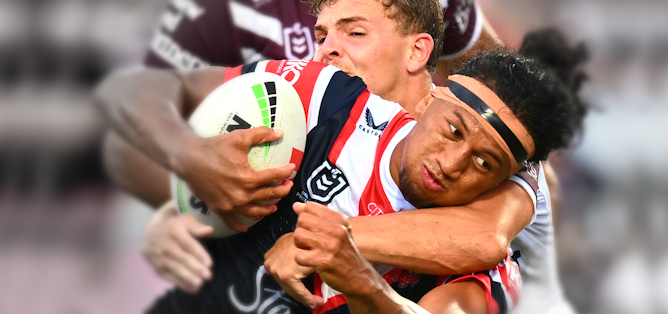
Jason Doyle, Griffith University
Australia’s NRL has tried several times before to crack the US market. This time the odds are good.
|
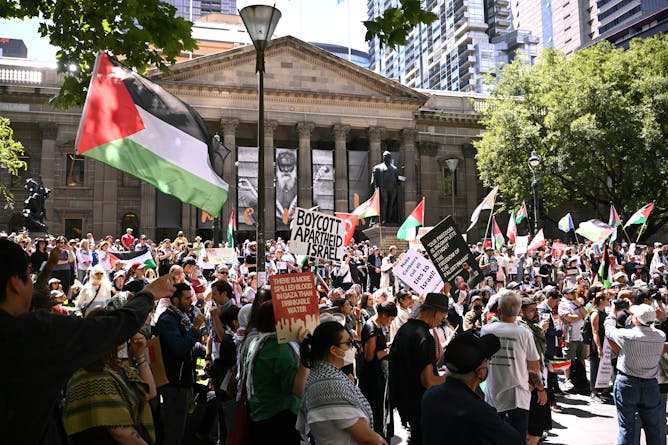
Denis Muller, The University of Melbourne
Writers festivals navigate the fraught frontier between social media’s echo chambers of outrage and the civilised public debate of the public square. What’s the way forward in this heated atmosphere?
|
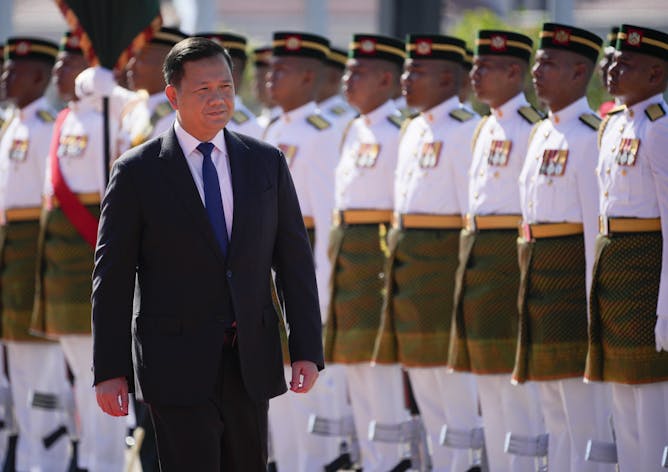
Gareth Evans, Australian National University; Gordon Conochie, La Trobe University
Hun Manet, the son of longtime authoritarian leader Hun Sen, arrives in Melbourne next week at a time of increasing crackdowns on dissent and the opposition in the country.
|
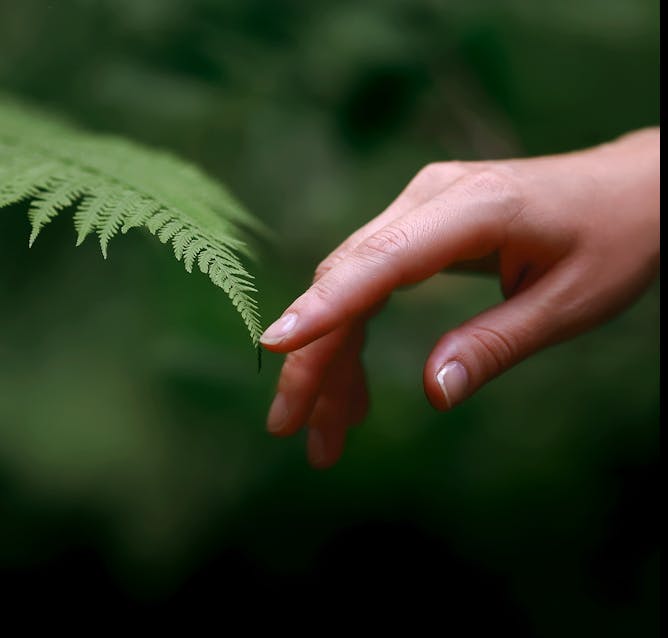
Kate Poole, UNSW Sydney; Mirella Dottori, University of Wollongong
Our bodies have a dedicated channel for sensing only the very lightest of touches.
|
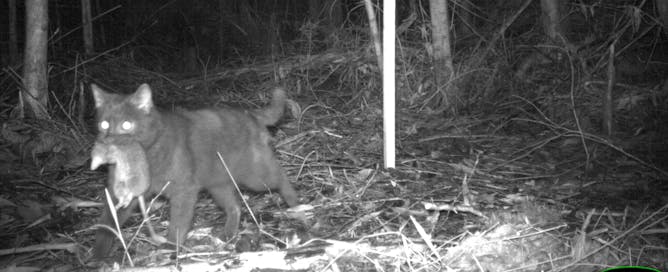
Matthew Rees, CSIRO; Bronwyn Hradsky, The University of Melbourne
We analysed photos of predators and prey from 3,667 camera traps in southwest Victoria. We found feral cats were more abundant and behaved differently in areas where foxes were baited.
|
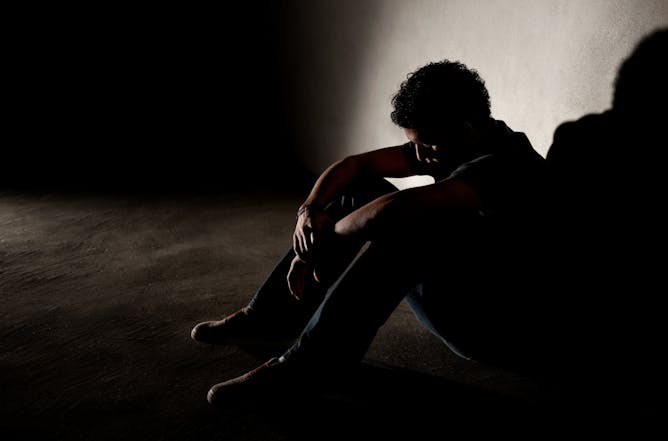
Jennifer Montgomery, Te Herenga Waka — Victoria University of Wellington
Care and protection residences are meant to help children with nowhere else to go. Instead, official reports show those kids are experiencing increased serious physical, sexual or emotional harm.
|
Health + Medicine
|
-
Amy Thomasson, The University of Western Australia; Katie Attwell, The University of Western Australia
Here’s what the court found – and what this means for future legal challenges to vaccine mandates across Australia.
|
|
Science + Technology
|
-
Stan Karanasios, The University of Queensland; Marten Risius, The University of Queensland
It’s increasingly hard to tell which content online is fake. As malicious actors use generative AI to fuel disinformation, governments must regulate now before it’s too late.
|
|
Environment + Energy
|
-
David Rentz, James Cook University
In the wake of Melbourne’s spectacular cricket swarm, we asked the author of Australia’s Guide to Crickets why insects gather in such large numbers and how to keep them out of our homes.
|
|
| |
|
|
|
Aeon Media Group Ltd
Melbourne VIC, Australia
•
Full Time
|

|
|
The Conversation AU
Melbourne VIC, Australia
•
Full Time
|

|
|
|
|
| |
| |

|
| |
| |
| |
Featured Events, Courses & Podcasts
|
View all
|
|
1 January 2023 - 7 October 2026
•
|

|
1 February 2023 - 25 November 2029
•
|
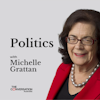
|
4 March 2024
•
Camperdown
|
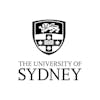
|
|
|

|
|
|
|
| |
| |
| |
| |
| |
|
|